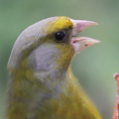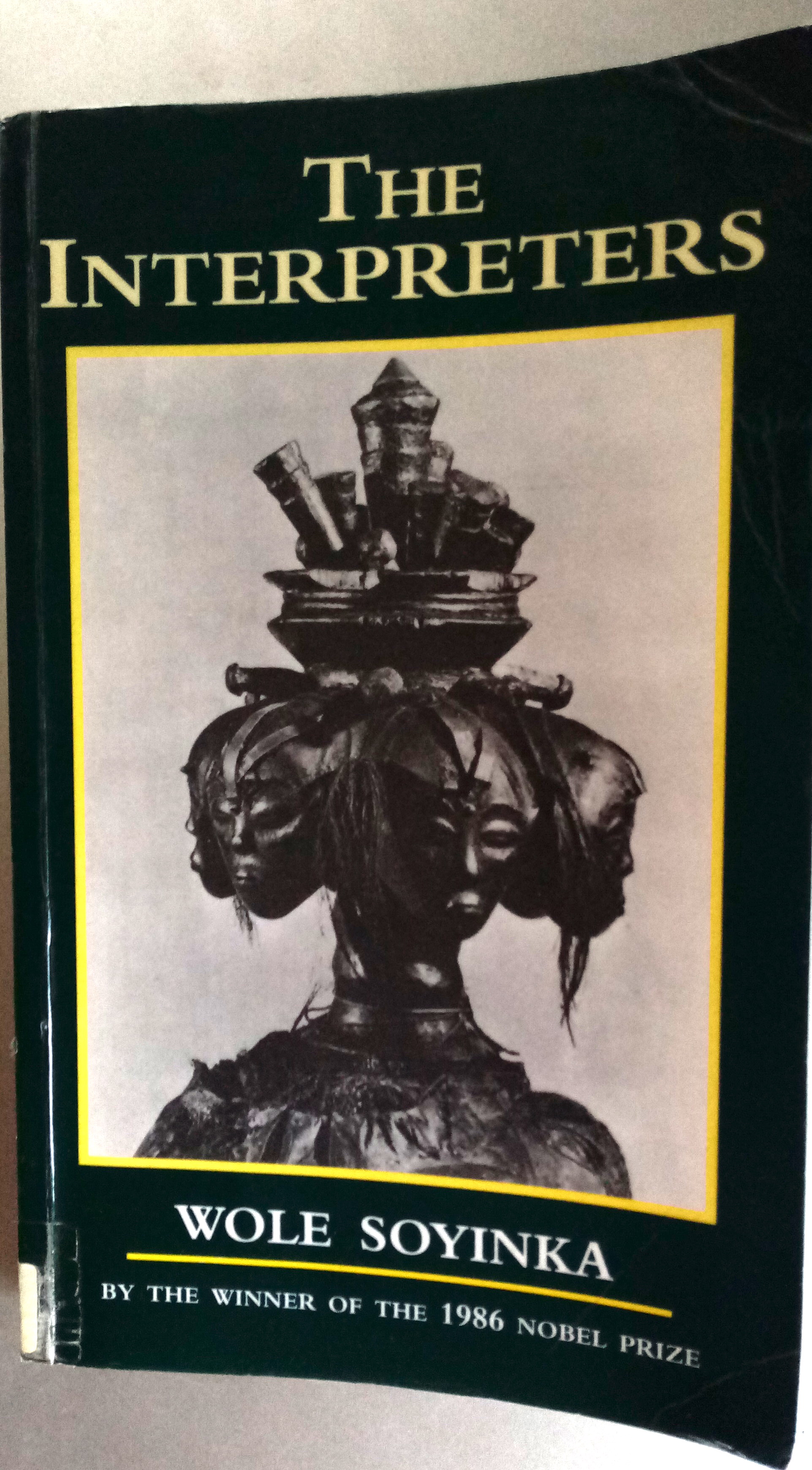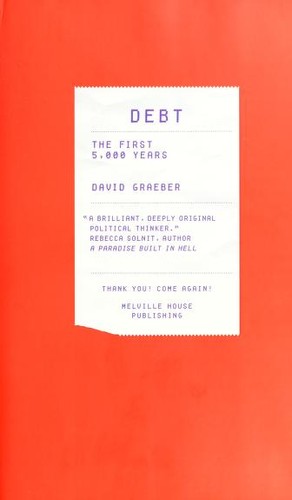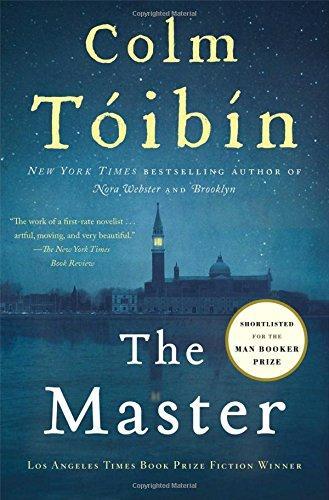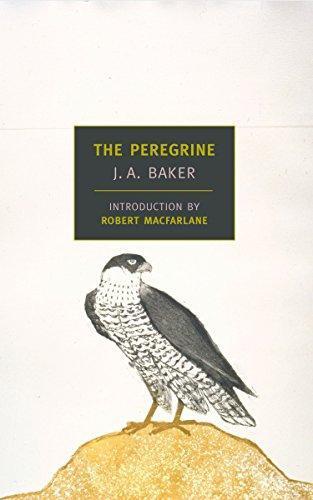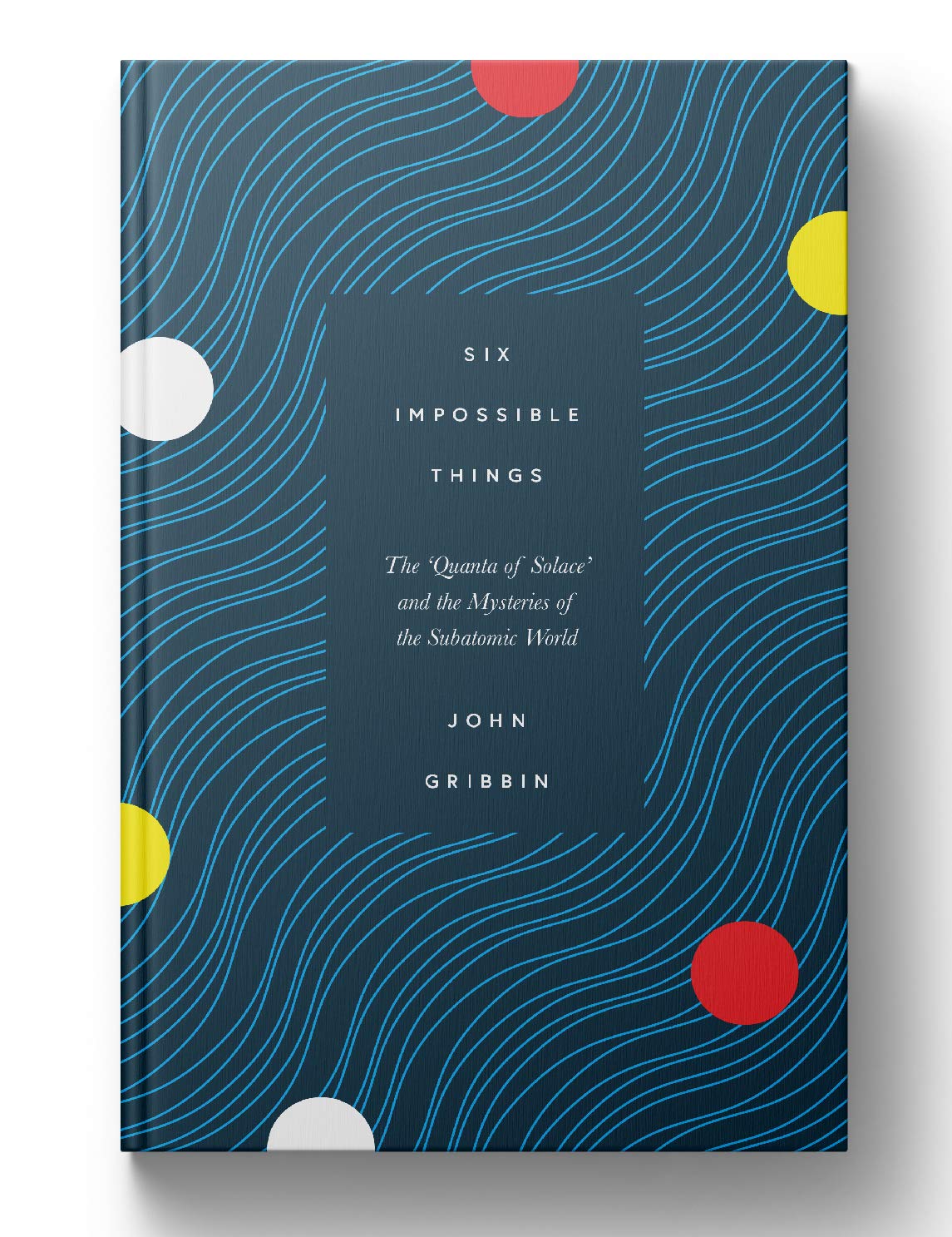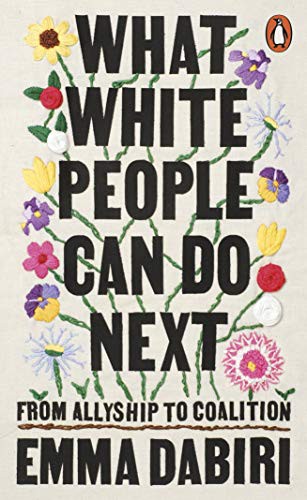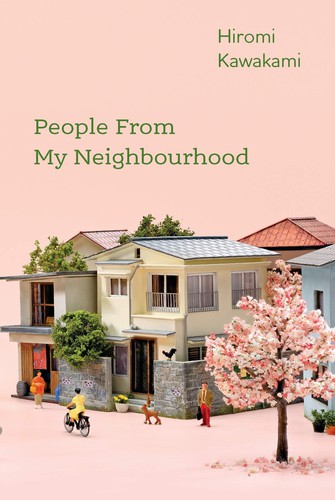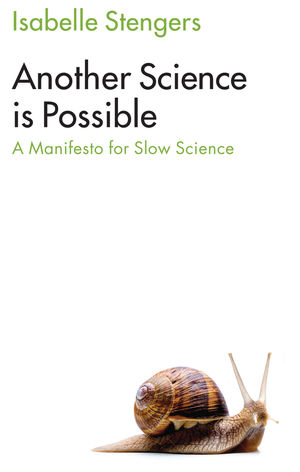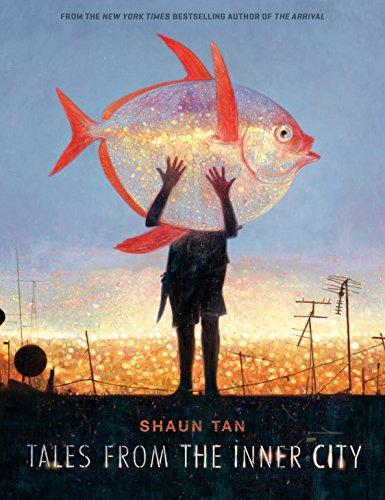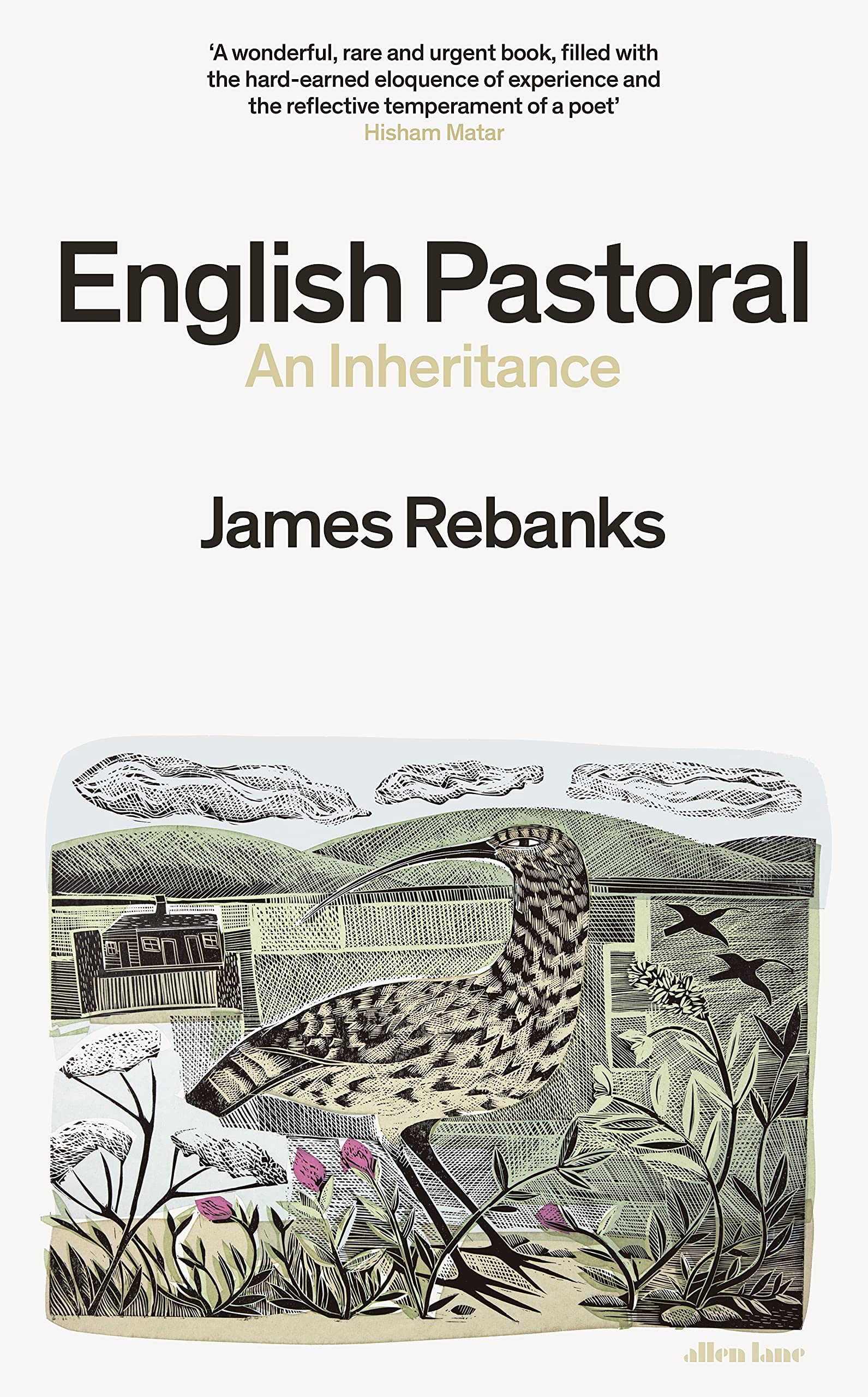Fionnáin reviewed The Interpreters by Wole Soyinka
On the theory of Voidancy, and other stories
4 stars
Four men, friends since childhood, come to grips with their modern way of life upon returning to Nigeria from years spent in other countries. The Interpreters, by the usually-poet Wole Soyinka, is funny, touching and compelling. The characters are intellectuals, and caricatures at times. Written as a whole generation around the world was entering what we can now recognise as massive states of change, this book doubles as an interesting historical document of ideas and attitudes told with the wry and witty voice of Soyinka.
The novel can be read as a series of vignettes with well-developed characters. It starts confusingly, mostly because there are a lot of people involved in a chaotic drinking scene. Like otherworldly figures, the friends seem for a while outside of the world of mortals, and then they increasingly become entangled in it. Each vignette is fascinating: a new power scheme for a village …
Four men, friends since childhood, come to grips with their modern way of life upon returning to Nigeria from years spent in other countries. The Interpreters, by the usually-poet Wole Soyinka, is funny, touching and compelling. The characters are intellectuals, and caricatures at times. Written as a whole generation around the world was entering what we can now recognise as massive states of change, this book doubles as an interesting historical document of ideas and attitudes told with the wry and witty voice of Soyinka.
The novel can be read as a series of vignettes with well-developed characters. It starts confusingly, mostly because there are a lot of people involved in a chaotic drinking scene. Like otherworldly figures, the friends seem for a while outside of the world of mortals, and then they increasingly become entangled in it. Each vignette is fascinating: a new power scheme for a village is cancelled by corruption; a high society party features plastic fruit-throwing; a faux religion made of criminals tries to reshape the world; a new philosophy of scatology is written.
Some of the delivery is dated (treatment of homosexual and female characters is insensitive, although not as poorly handled as many novels of the time) but other issues (modernity, race) are very cleverly placed as points of satire or story. Overall a brilliant, playful novel.
